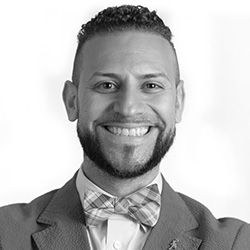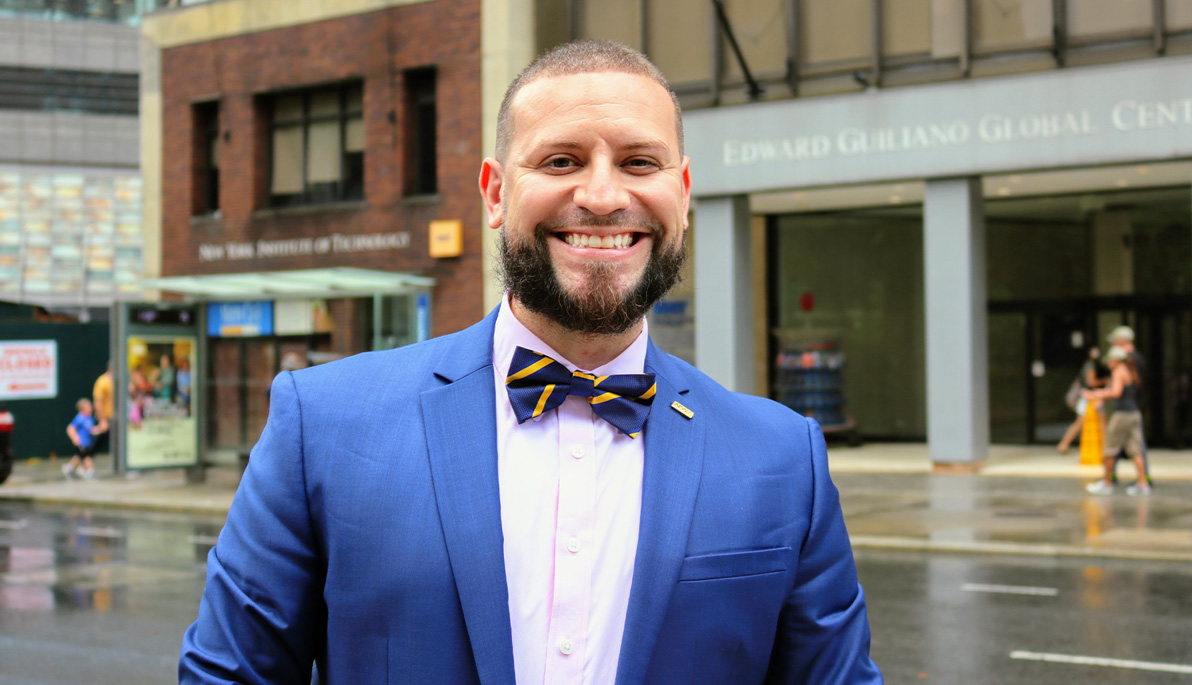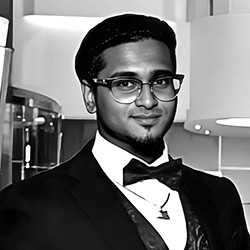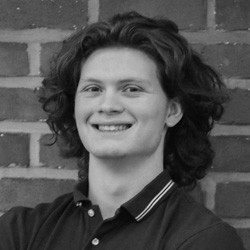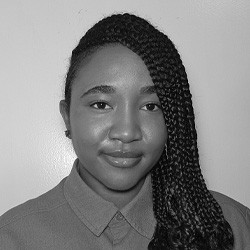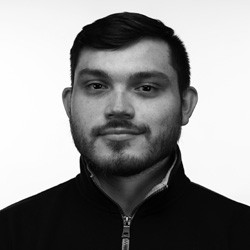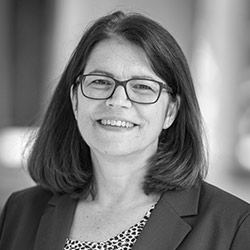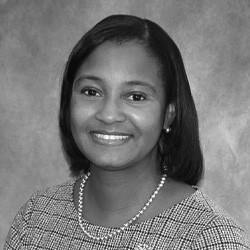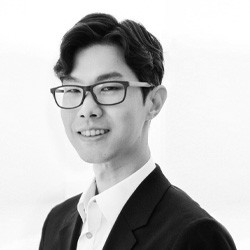Putting Students First
According to Dean of Students Felipe Henao, Ed.D., part of success is learning how to deal with failure. “The secret to success requires finding your why, failing forward, and persevering,” he says. Having experienced his own ups and downs, this lived experience has influenced how he works with students and reinforced how important having a supportive environment can be. “Success is the result of patience, manifestation, and investment of time and effort, but those must be in combination with kindness, compassion, empathy, and tolerance.” In an interview with The Box, Henao talks about what brought him to New York Tech and what he enjoys most about his work.
Tell us about yourself. What is your background and how did you come to work in student affairs as a career?
I grew up in New Jersey, which I loved because of access to the best of all worlds: Jersey Shore, skiing in the Poconos, and the Big Apple. I come from a very close-knit, extended family from whom I learned my strong work ethic. My family always stressed the importance of education and achieving a college degree. Initially, I was a business management student, thinking I would graduate and take over the family business. However, I was terrible at math, and after my first semester I had a 2.22 GPA, which made me very upset as I had been an honor roll student in high school. Thinking I would disappoint my family, I called them in tears to share my “failures,” but they lovingly shared that I could pick any major that made me happy, and they just wanted to see me succeed. As a first-generation student, I had placed the weight of the world on my shoulders and caused undue pressure. I went on to discover communication arts and quickly fell in love. I earned a master’s in corporate and organizational communications, then went on to receive a master’s in student affairs in higher education. I consider myself a lifelong learner and later went back to complete my doctoral degree in educational leadership and innovation.
What brought you to New York Tech and how does your work impact the student experience?
Working in the New York City metro area, I was familiar with New York Tech, but once I started learning about the mission of career success and accessibility, I realized the school’s philosophy spoke to my values. I love being part of systems that are looking to set a vision, streamline processes, and scale change. As a visionary and change agent, it motivates me to think of ways to improve the education system for our students. During my search process, I was very impressed by the care and dedication of the faculty and staff to put the student first at New York Tech. Student success is at the core of everything that we do and that makes me want to come to work every day.
As dean of students, I serve as an advocate, mentor, listener, role model, community organizer, and more. I want to create a culture of care and compassion where students feel like they have a sense of belonging and pride. I am constantly analyzing the student success barriers and trying to improve a student’s experience. This doesn’t mean that they will always get what they want, but it does mean that we have a student-first approach to student success and persistence.
I understand you have a focus and interest in inclusion and diversity. Can you tell us why that is important to you and why it matters for the students?
I have always been a champion for social justice, equity, and access. Systemic change won’t happen until we start inviting and involving all parties and voices around the table and talking more to one another in our shared spaces. Understanding the lived experiences and needs of the students we serve is crucial to our work in higher education. We must work to create spaces where people are seen, heard, and valued. Honoring one’s authentic self and encouraging others to learn from one another is what helps build and sustain communities outside of higher education.
This interview has been edited and condensed.
